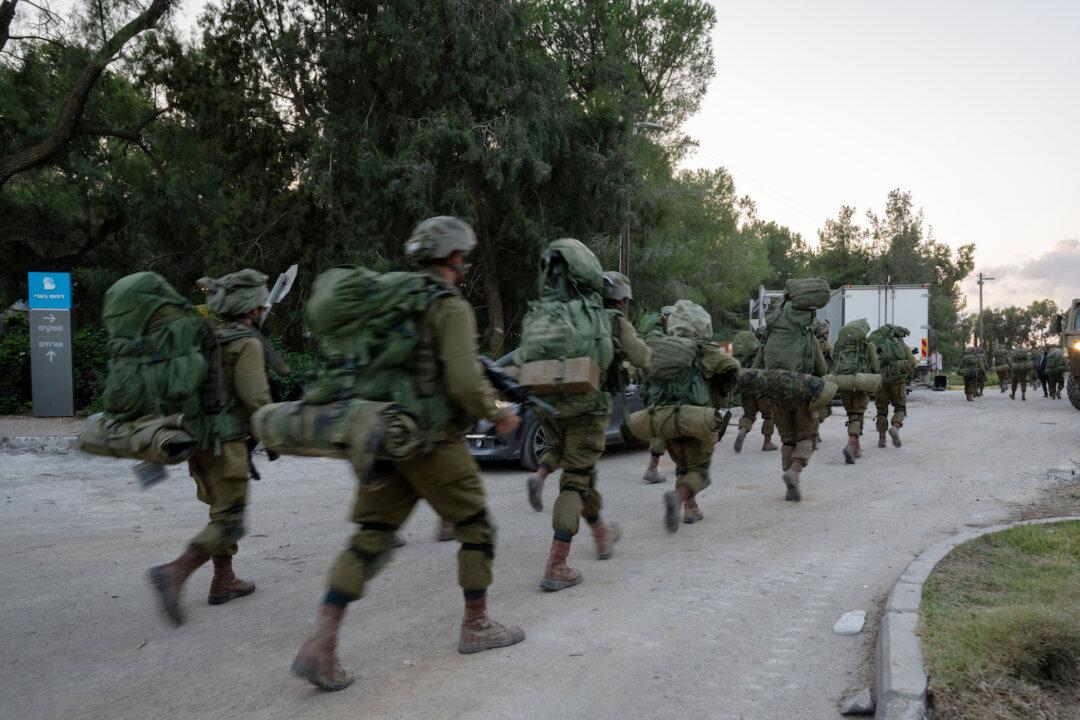Commentary
It’s no coincidence that the Hamas breakout from the Gaza Strip against Israel, beginning on Oct. 7, was ultimately of strategic benefit to the Chinese Communist Party (CCP).

It’s no coincidence that the Hamas breakout from the Gaza Strip against Israel, beginning on Oct. 7, was ultimately of strategic benefit to the Chinese Communist Party (CCP).